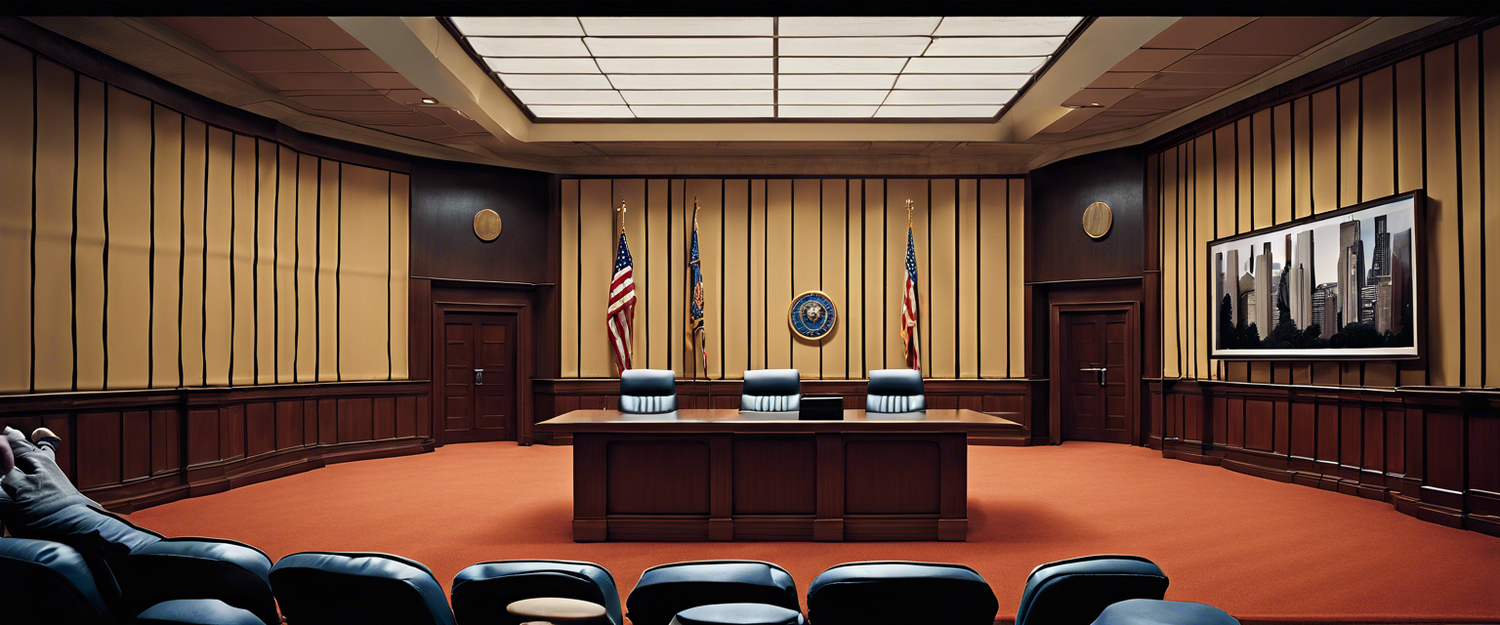Overview of Mark Robinson's Legal Battle Against CNN
In a surprising move, Lieutenant Governor Mark Robinson, the Republican nominee for North Carolina governor, has filed a defamation lawsuit against CNN over allegations made against him regarding his past comments. This article explores the implications of Robinson's lawsuit, its political context, and its potential impact on the ongoing conversation about free speech in America.
The Allegations at the Center of the Lawsuit
Robinson's lawsuit targets CNN for reporting on comments he allegedly made on a porn forum between 2008 and 2012. These remarks include shocking claims such as referring to himself as "a black NAZI." The lawsuit claims that these comments were not made by him but rather by someone impersonating him, possibly using information from data breaches. However, this defense raises questions about the credibility of an impersonation claim without significant evidence.
The Context of Political Commentary
Robinson’s situation mirrors a growing trend where public figures utilize legal actions to combat critical narratives, often leveraging the law against journalists and commentators. This trend has been prevalent among influential conservative figures like Donald Trump and Elon Musk, who have also taken legal action against their critics. It raises ethical questions regarding the balance between protecting one's reputation and suppressing free speech.
Unexpected Target: Louis Love Money
In an unusual twist, Robinson is also suing North Carolina punk singer Louis Love Money over a song titled "The Lt. Governor Owes Me Money." The song humorously accuses Robinson of failing to pay $25 for a bootleg porn tape from two decades ago. Its release seemed innocuous until it garnered attention due to the ongoing legal dispute.
Backstory: Pizza, Friends, and Misconceptions
Robinson's defense against the allegations includes personal anecdotes from his past. He claims that while he did frequent the adult video store where Love Money worked, his visits were not nearly as excessive as portrayed. Instead, he asserts that he often brought pizza to share with his colleagues, which casts doubt on the narrative of him being a frequent patron of the store.
The Streisand Effect in Motion
The lawsuit may trigger what is known as the "Streisand effect," where attempts to suppress information only lead to increased public interest. The music video, which had limited views prior to the lawsuit, saw a surge in engagement once the legal action was filed. This phenomenon emphasizes how turning to the courts can backfire in the age of social media.
Broader Implications for Free Speech
Legal complaints, like Robinson's, often serve as rallying points for political campaigns, allowing candidates to portray themselves as victims fighting against an unjust system. As the conversation around free speech and defamation laws continues, Robinson's case raises questions about the future of journalistic integrity and the legal protection of public figures.
Conclusion: A Legal and Political Conundrum
Regardless of the outcome of Robinson's defamation suit, it highlights ongoing tensions within American politics concerning speech and accountability. As more politicians take to the courts to address grievances, the potential for such cases to reshape public discourse grows. The interplay between legal action, political strategy, and media coverage will continue to be a significant narrative, particularly leading up to the 2024 elections.



Lasă un comentariu
Toate comentariile sunt moderate înainte de a fi publicate.
Acest site este protejat de hCaptcha și hCaptcha. Se aplică Politica de confidențialitate și Condițiile de furnizare a serviciului.